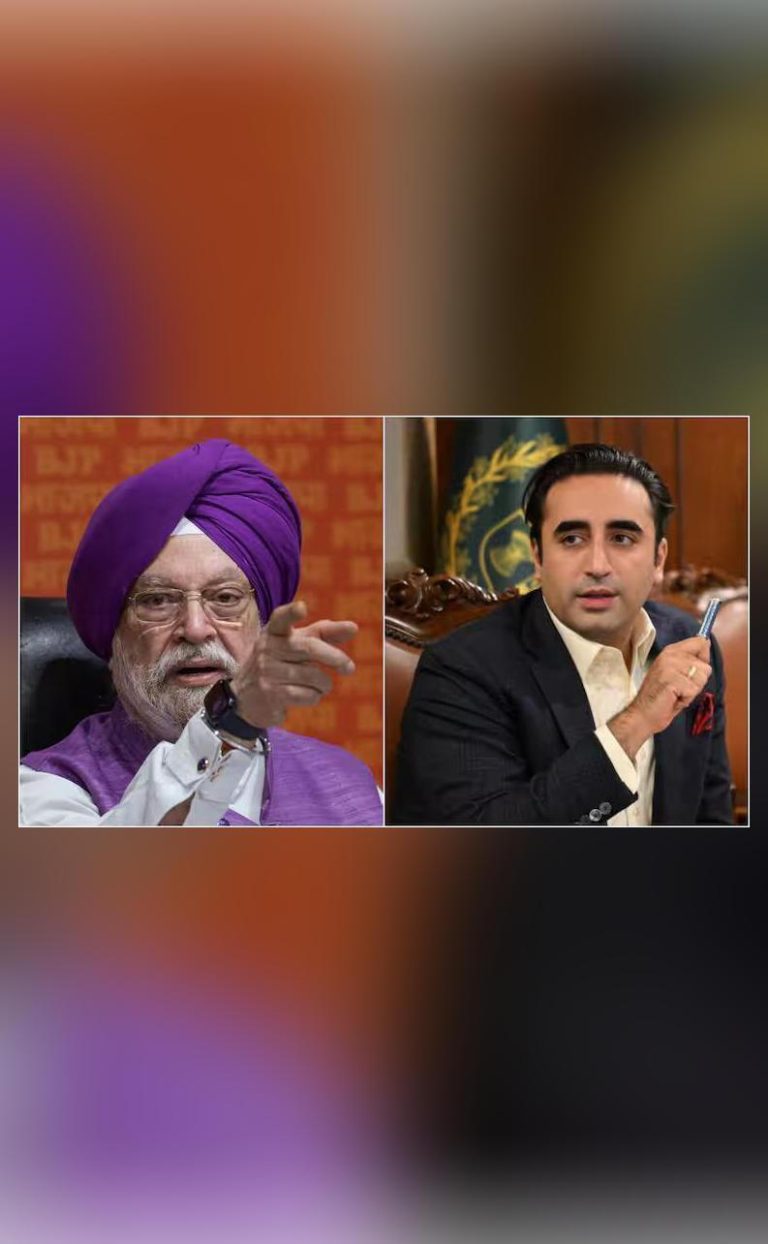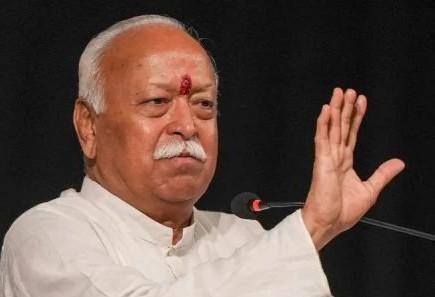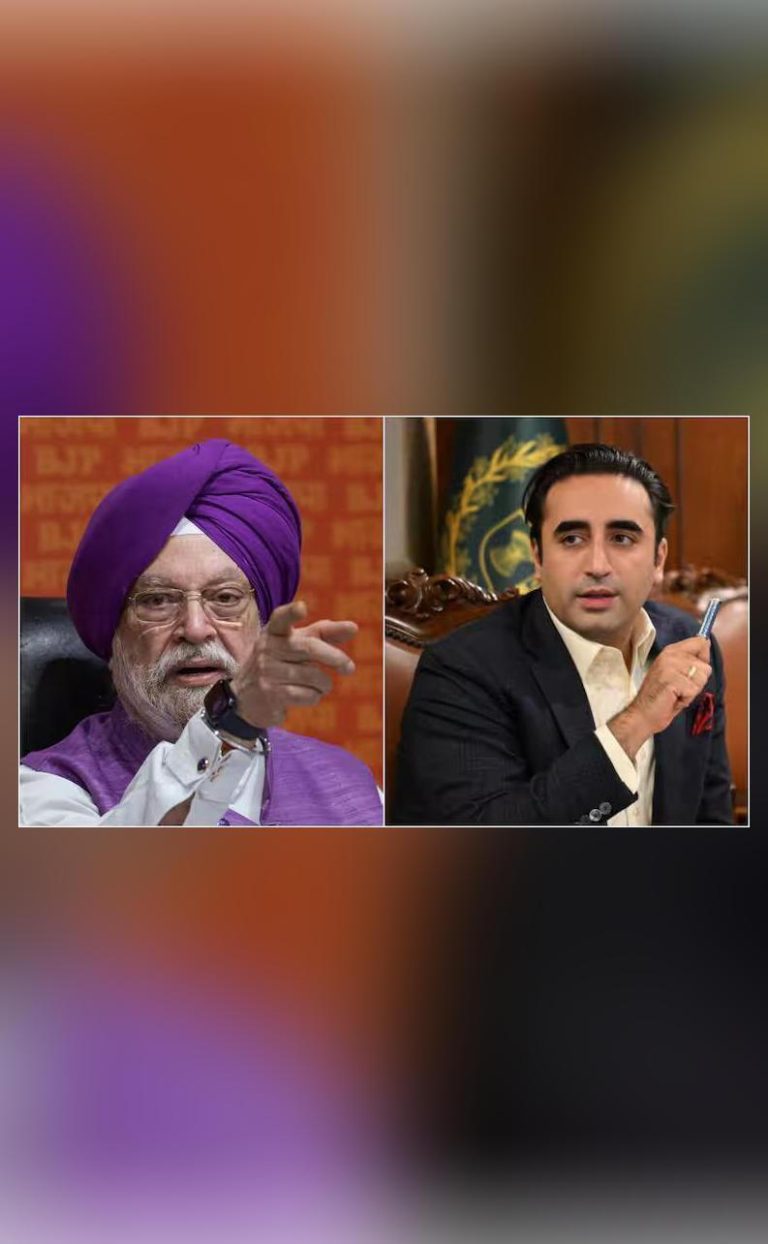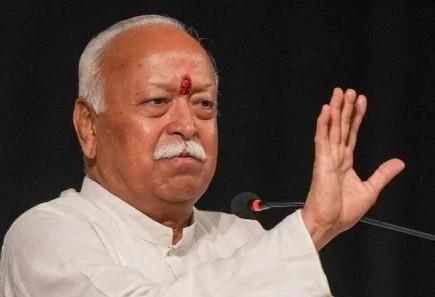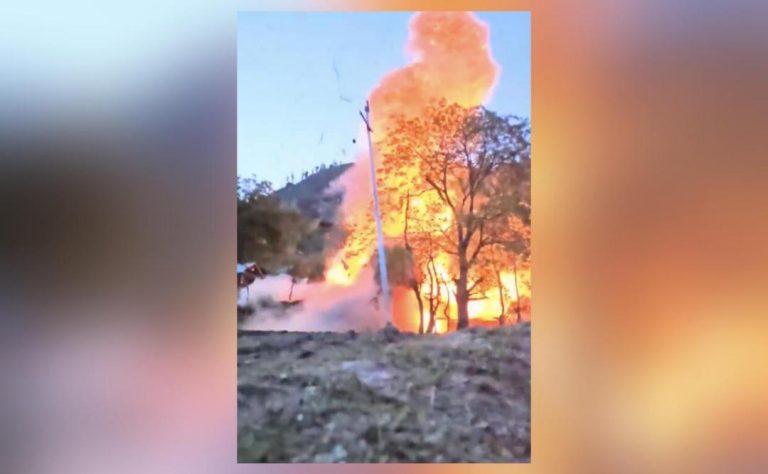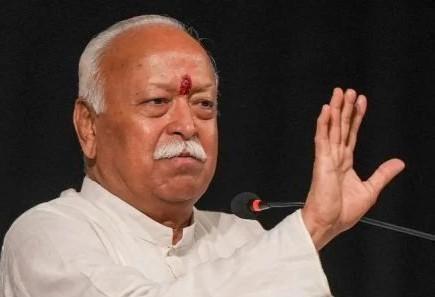
If Someone Turns to Evil Then We’ll Teach Lesson: Bhagwat on J&K Attack
The recent terror attack in Pahalgam, Jammu and Kashmir has sent shockwaves across the country, leaving many injured and several dead. In the aftermath of this heinous act, RSS chief Mohan Bhagwat has made a statement that has sparked both controversy and debate. According to Bhagwat, non-violence is India’s religion, but so is teaching a lesson to “oppressors and hooligans”. His words have sparked heated discussions, with many questioning the tone and implications of his statement.
In a video interview, Bhagwat was asked to comment on the recent attack in Pahalgam. He began by reiterating India’s commitment to non-violence, stating that “non-violence is our religion”. However, he quickly added that this does not mean that India will not take action against those who perpetrate violence and evil. “We never harm or disrespect our neighbours, but if someone is bent on being evil, what is the cure?” he asked rhetorically.
Bhagwat’s statement was met with a mix of reactions, with some interpreting it as a call to arms against those who engage in terrorism and violence. Others saw it as a warning to those who may be considering such actions, and a reminder that the state has a responsibility to protect its citizens.
The RSS chief went on to explain that the concept of teaching a lesson is not about revenge or retaliation, but rather about upholding the rule of law and maintaining order. “The king’s duty is to protect the people, and he will do his duty,” he said firmly.
Bhagwat’s statement has been seen by some as a response to the growing threat of terrorism in the region. Jammu and Kashmir has been plagued by violence and unrest for decades, with various militant groups fighting for independence or greater autonomy. The recent attack in Pahalgam was seen as a particularly egregious example of the kind of violence that has become all too common in the region.
Others have interpreted Bhagwat’s statement as a reference to the need for a more robust response to terrorism. In recent years, there have been calls for greater military action against militant groups, and some have argued that the government has been too hesitant to take decisive action.
However, Bhagwat’s statement has also been criticized by some who see it as a step backwards in the country’s commitment to non-violence. India has a long history of non-violent resistance, from Mahatma Gandhi’s famous salt march to the present day. Many fear that Bhagwat’s statement may undermine this commitment and create a culture of violence and revenge.
It is worth noting that Bhagwat’s statement is not without precedent. In India, there is a long tradition of using the concept of “teaching a lesson” to describe the state’s response to violence and terrorism. This phrase has been used by politicians and military leaders for decades, and is often seen as a way of emphasizing the need for a strong response to threats to national security.
In conclusion, Bhagwat’s statement on the J&K attack has sparked a heated debate about the role of violence and non-violence in India’s response to terrorism. While some have criticized his words as a step backwards, others see them as a necessary reminder of the state’s responsibility to protect its citizens. As India continues to grapple with the complexities of terrorism and violence, it is clear that this debate will continue to play a significant role in shaping the country’s response to these challenges.
Source: https://youtu.be/SpAKVWl5wII
